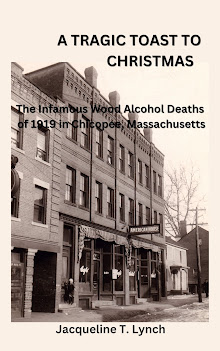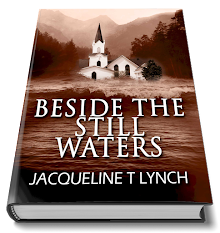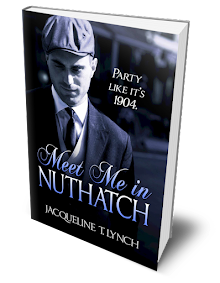
The quiet crossroads of Canterbury, Connecticut where this stately building sits has changed a little bit through the years, but changed mainly in the things we cannot see. It is now the junction of route 14 and 169, but over 175 years ago, it was the center of a legal and philosophical whirlwind. This is the Prudence Crandall Museum, once the home of a schoolteacher who turned it into an academy for the girls of local wealthy families in 1832. The following year, she admitted 20-year old woman in training to be a teacher herself. Sarah Harris was black, and the community protested.
This is the Prudence Crandall Museum, once the home of a schoolteacher who turned it into an academy for the girls of local wealthy families in 1832. The following year, she admitted 20-year old woman in training to be a teacher herself. Sarah Harris was black, and the community protested.
When other African-American students were admitted to the school, Miss Crandall was arrested, having broken the newly enacted state Black Law, spent a night in jail, and became the defendant in three trials. Though the case was dismissed, a mob attacked her school, forcing her to close it finally for the safety of the students.
It was the first academy for African-American women, and the brave and resolute schoolteacher became Connecticut’s State Heroine.
The museum is open only by appointment in the winter months, but opens again to the general public for regular hours in April. For more information on Prudence Crandall and the Prudence Crandall Museum, have a look at this website.
Friday, February 13, 2009
Prudence Crandall Museum - Canterbury, CT
Posted by
Jacqueline T. Lynch
at
7:21 AM
![]()
Labels: 19th century, Connecticut, education, museums
Subscribe to:
Post Comments (Atom)









2 comments:
I really like the stories you find around New England-- so many of the places you write about I never encountered during almost 28 years there. This is a story worth telling for sure.
By the way, thanks for plugging the "Women's Work is Women's Art" series-- much appreciated.
Thank you so much, John. I sometimes wonder if we are a little blase about our history, and this may we why you haven't heard of some of this stuff while you lived here. Maybe we're so choked by so much history waiting around every corner that we just shut our minds to it sometimes.
I would like to send our readers over to your blog Robert Frost's Banjo, (www.robertfrostsbanjo.blogspot.com) and particularly for the "Women's Work" series as you mention our own Louisa May Alcott. Readers of this blog may recall the post here from December 2007 (http://newenglandtravels.blogspot.com/2007/12/orchard-house-concord-massachusetts.html) that covered her Civil War nursing experience.
We've also covered Rachel Carson, who you also mentioned, in the post from April 2008 (http://newenglandtravels.blogspot.com/2008/04/rachel-carson-national-wildlife-refuge.html). You seem to cover New England pretty well from a distance.
Post a Comment